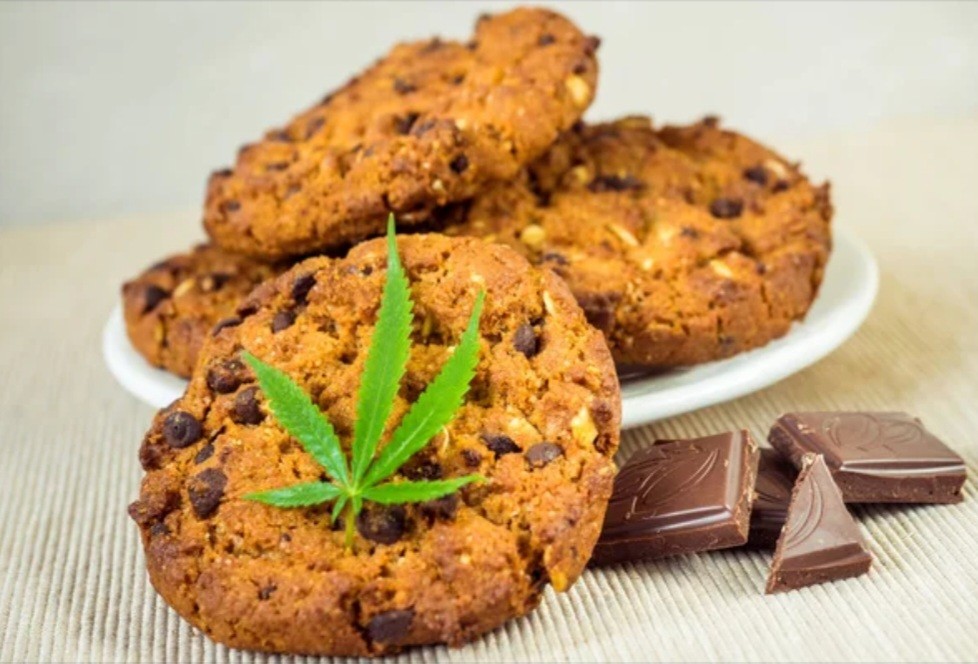Oil Extraction: Using carrier oils like olive oil to extract CBD is a simpler method but typically results in a less concentrated product.
Processing: The extracted CBD oil undergoes further processing to remove impurities and unwanted compounds. This may include winterization (removing fats and waxes) and filtration.
Testing and Quality Control: The final product is tested for purity, potency, and the presence of any contaminants. This ensures the CBD oil meets quality standards and is safe for consumption.
Formulation: The purified CBD oil can be used as is or further formulated into various products like tinctures, capsules, edibles, topicals, and more.
CBD oil does not produce the psychoactive effects associated with THC, making it popular for those seeking the potential therapeutic benefits of cannabis without the “high.”
Some of the commonl benefits include:
Anxiety and Depression: Some studies suggest that CBD may help alleviate symptoms of anxiety and depression by affecting serotonin receptors in the brain, which play a key role in mood regulation.
Neuroprotective Properties: There is evidence that CBD has neuroprotective properties, which benefit conditions like epilepsy and multiple sclerosis. The FDA has approved a CBD-based drug for treating certain types of epilepsy.
Skin/Hair Health: CBD oil is used in various skincare products due to its anti-inflammatory properties and potential to reduce acne and improve skin conditions like eczema and psoriasis. In hair care CBD oil products have become increasingly popular in hair care due to the numerous benefits they offer. Here are some key advantages of using hemp CBD oil in hair care
Heart Health: Some research indicates that CBD may have benefits for the cardiovascular system, including reducing high blood pressure and preventing heart damage.
Addiction Management: CBD is being studied for its potential to help people with substance use disorders by reducing cravings and withdrawal symptoms.
Antioxidant Properties: CBD has antioxidant properties that can help protect cells from damage caused by free radicals.
Can cbd oil increase appetite?






